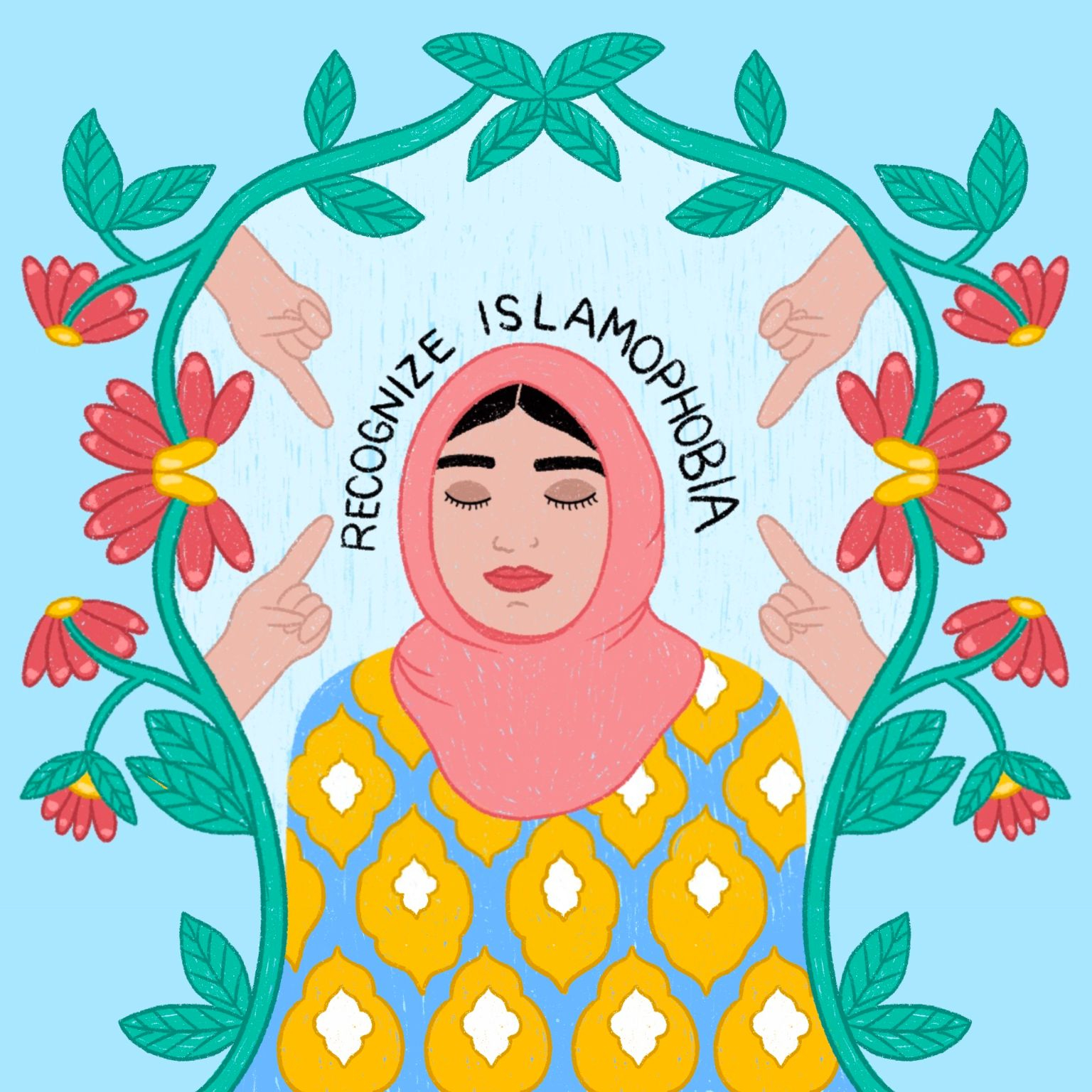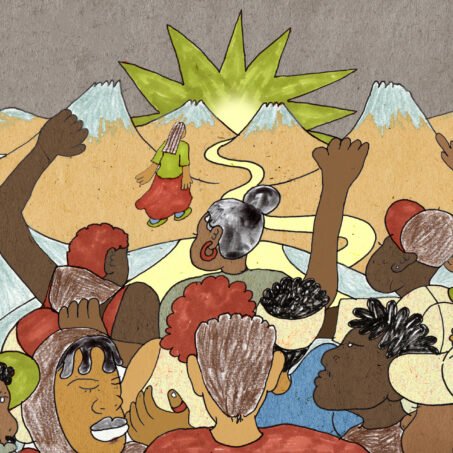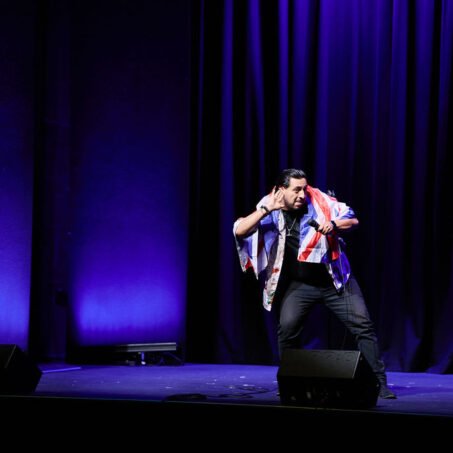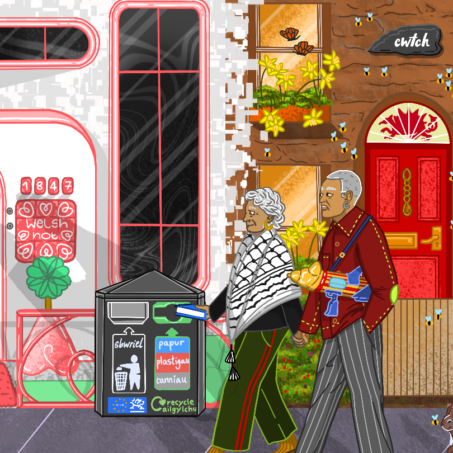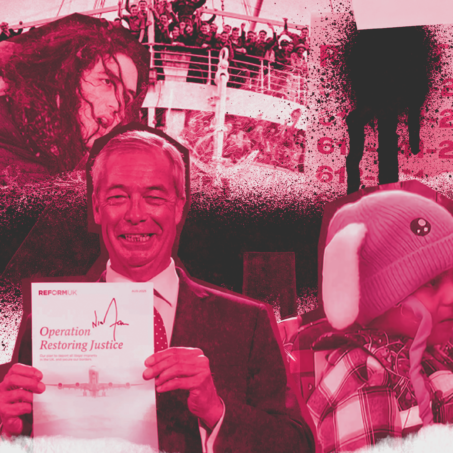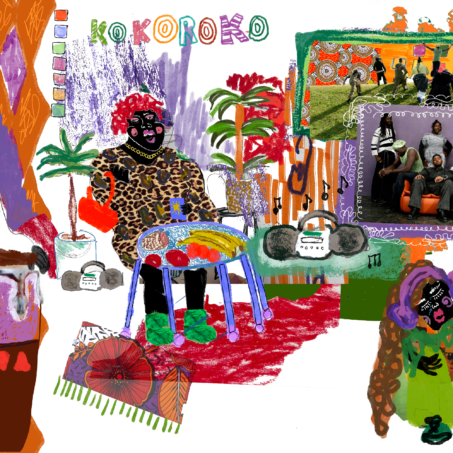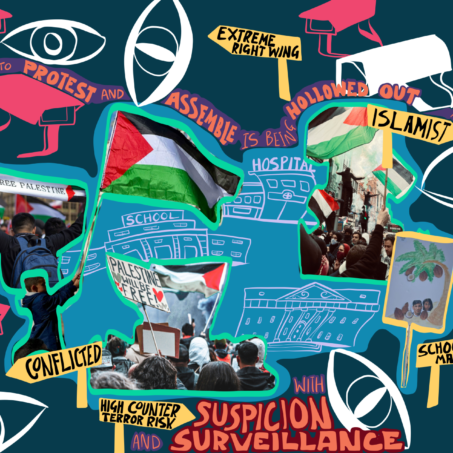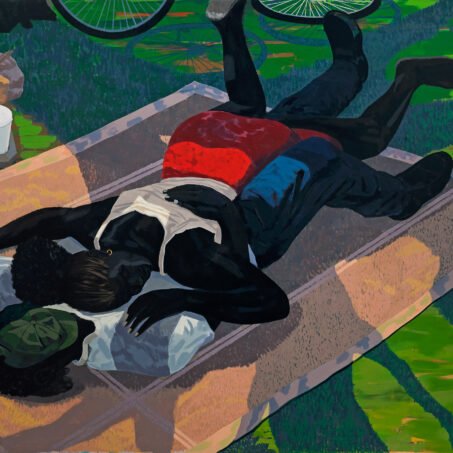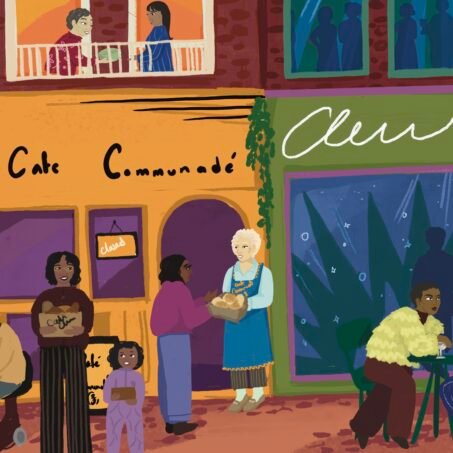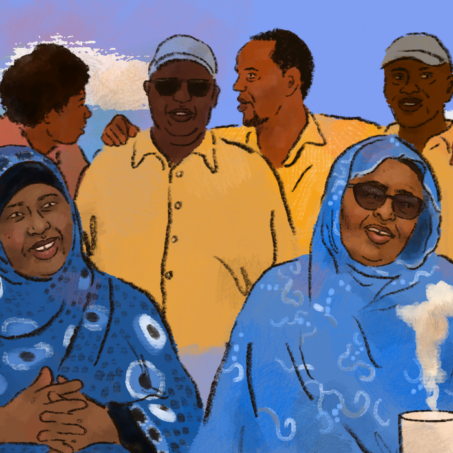This month’s horrific attack on a Muslim family in Canada, which wiped out three generations leaving only a nine year old boy, was recognised by Justin Trudeau as an act of ‘terrorism’, along with an acknowledgement of Islamophobia existing in Canada.
For Muslims around the world, this was a significant moment. Since 9/11, anti-Muslim sentiment has been used by politicians and welcomed as a way to gain public votes. The demonisation of Muslims is perpetuated by the top-down, through media and governments, which as we have seen, results in the murder of innocent people on the streets. The media utilises double standards in the reporting of attacks carried out by Muslims as terrorism and those typically by white people as lone wolves with mental health issues. Even with this murder in Canada, it wasn’t the killer’s name and mugshot which was plastered across the news: a photo of him running a marathon was featured instead.
The Sewell Report, a commission on race and ethnic disparities released in April 2021, came to the disturbing conclusion that institutional racism does not exist in the UK. This is contrary to countless accounts of lived experiences of racism, including my own. It was particularly galling after new figures had recently come out exposing how how young Black women are four times more likely to die in childbirth than their white counterparts, and how 60% of the first NHS doctors and nurses to die from COVID-19 were from our BAME communities, despite the NHS comprising only 20% BAME staff in total.
The outcome of the report, while disheartening, comes as no surprise. As a young Muslim girl, when I applied to university I spoke about how institutional racism has affected me on my personal statement. My UCAS mentor said that there was ‘no such thing’ and advised me to take it out. Would this interaction have turned out differently if our government had a history of acknowledging and fighting against Islamophobia?
Unfortunately, the track record of the latest line of Conservatives shows quite the opposite. Whilst Theresa May was in power, she rejected the definition of Islamophobia proposed to parliament; and despite Boris Johnson’s comments about Muslim women who wore burqas resembling ‘bank robbers’ and ‘letter boxes’, he was still elected Prime Minister. This sends a dangerous and sinister message – Islamophobia is not only unimportant, but acceptable. Our government not only turns a blind eye to racism, but speaks it into action by refusing to put in place legislation to eradicate it.
So why is it that Canada can recognise their Islamophobia, but the country I am from cannot? Since before becoming Prime Minister, Trudeau supported Muslims, whether it was the right for women to wear a niqab if they choose, or refusing to link terror attacks to Islam. However, perhaps even in Canada this support is only surface level. While in 2018, Canada increased aid to UNRWA (United Nations Relief and Works Agency for Palestinians in the Near East); they still sold billions of dollars in weaponry and machinery used to massacre thousands of Muslims in Yemen and Palestine.
This is also not the first time Trudeau has covertly funded the violence he publicly condemns. In 2019, Canada sold nearly C$3 billion of military equipment to Saudi Arabia, despite criticising their poor human rights. Therefore, it would seem Canada, although more outspoken than Britain, seems only to be defending its Muslim citizens with lip service. Condemning Islamophobic behaviour means very little if in the same breath you order the death warrant for Muslims outside Canada’s borders.
Yet despite the long way Canada has to go, there’s no doubt that the public recognition of Islamophobia will have a positive ripple effect on its Muslim community and draw in international solidarity. The Sewell report and the ongoing hate speech used by our government shows that Britain is happy to ignore injustice. Publicly stating that racism exists is the first step to create actual progressive change and will not only come as a relief to those of us who have been campaigning for years, but send a message to the institutions which structurally perpetuate division and discrimination that this is not okay.
